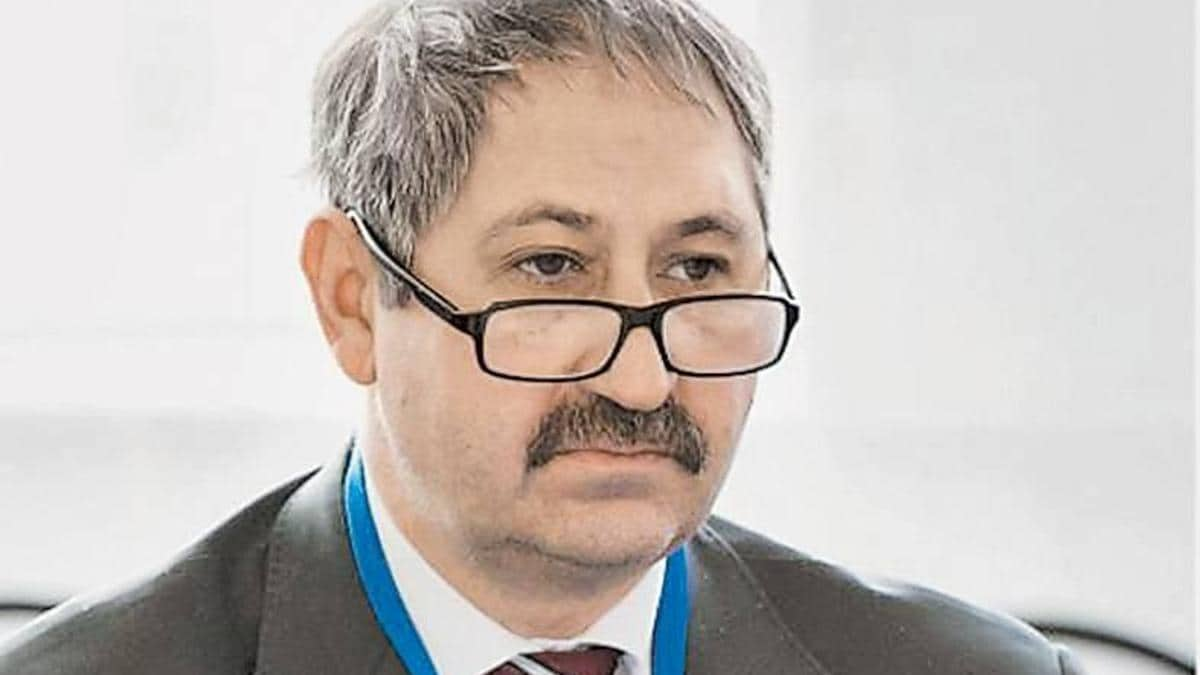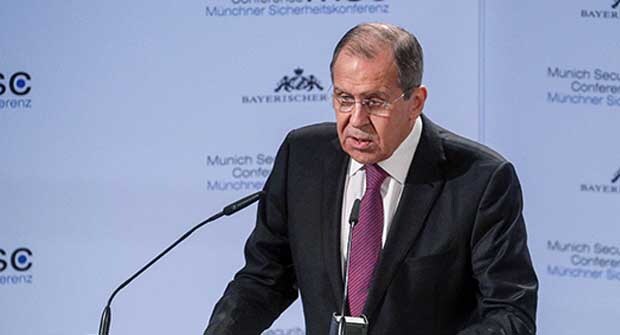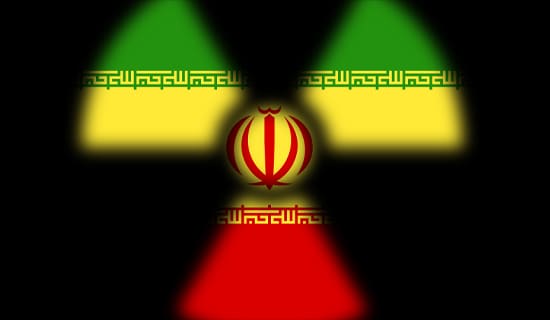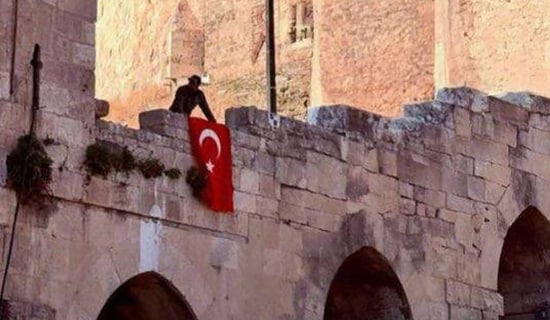The respected Russian defense correspondent Alexander Goltz takes stock of the recently concluded Munich Security Conference and the ongoing events in Syria. A pervasive atmosphere of pessimism about the West accompanied the conference. The report spoke of a West in decay, with its values increasingly contested. This was the opportunity for Russia that has long opposed the Western vision for international order to present an alternative. But all Russia had to offer was a return to the 1945 Yalta system based on a concert of the powers and spheres of influence (a system that would restore Russian dominance in Easter Europe). In an article for Ej.ru, titled "A Phantom Love for Yalta, Goltz scoffs at the practicality of reviving the Yalta system. Yalta quickly led to disputes, and the tripartite attempt by Russia, Iran and Turkey to manage things in Syria has broken down quickly. Goltz' article follows below.[1]

Alexander Goltz (Source: Newiz.ru)
"The latest international security conference, sometimes called the military-political Davos, was held in Munich. The mood that prevailed these days in the Bavarian capital cannot be called precisely rosy. The review of the state of global affairs, which the organizers prepared for the conference,[2] received the appellation 'Westlessness', which can be translated as 'Westernismless'. 'The world is becoming less Western. But more importantly, the West itself may become less Western too. This is what we call "Westlessness"', the report states bitterly. Indeed, the collective West, with its institutions and values, is now in deep crisis. A significant part of the population of the leading developed states is disenchanted with these institutions. And, disenchanted, it [that population segment] began to vote spitefully for outright populists like Trump in the United States and Brexit supporters in the UK. As a result, the pillars guaranteeing the security of Western states, especially the North Atlantic Alliance, were called into question. The U.S. president is increasingly making specific demands that the Western European allies pay for a good called security. And we are not dealing solely with increased military spending. Speaking in Munich, Secretary of State Mike Pompeo and Secretary of Defense Mark Esper demanded that the Europeans abandon projects with China and Russia. Washington insists on trade and financial preferences from the Old World. 'Today, the significance of the West is increasingly contested again. We are witnessing "the decay of the West" as a relatively cohesive geopolitical configuration', the document says.
"Naturally, the military opponents of the West — Russia and China — should have taken advantage of this. [Citing French President Emmanuel Macron] 'In the shortest possible time, Moscow has maximized all its interests: it has returned to Syria, it has returned to Libya, it has returned to Africa, it is is present in every crisis because of our weaknesses or mistakes,” the report stresses. In the context of the crisis of Western values, it would have seemed logical had Russian representatives at the conference at least tried to display some alternative to the Western values hostile to them. However, the speech by the head of the Russian foreign ministry [Sergei Lavrov] fully corresponded to the title the report bestowed on the chapter devoted to Russia – 'Potemkin State'. Sergey Lavrov presented a package of misrepresentations that has become traditional for the current Putin diplomacy. First, there are invectives addressed to certain hostile forces, who for some unclear reason, obviously due to some inherent malice, are attempting with all their might to minimize the USSR ‘s role in the defeat of Nazism. Then the main propagandistic 'discovery' followed - the accusation of some sort of “barbarization of international relations that worsens the very human environment”. Moreover, from the Lavrovian list of evidence for this “barbarization” much, if not all, can be attributed to the Kremlin's practice itself. Take for example, the fact that the threshold for using nuclear weapons is becoming lower. The Munich conference's participants certainly did not forget Putin’s threat to place the nuclear forces on high alert at the time of the Crimean annexation. And the statement that 'regional crises are multiplying, violating the norms of international law, including intervention by force in the affairs of sovereign states,' is certainly applicable to the secret war in the Donbass.

Russian Foreign Minister Sergey Lavrov addresses the Munich Security Conference (Source: Sputniknews.com)
"How does Lavrov propose to combat 'barbarization'? Everything is simple - all problems will be solved if we were to implement Vladimir Putin's proposal to hold a summit of the leaders of countries that are permanent members of the Security Council. Although the Russian Foreign Ministry chief [Lavrov] separately specifies that this does not mean creating still another closed club where the fate of humanity will be decided behind the scenes, it is really about a further attempt to reincarnate the Yalta meeting. It is verily Yalta, where the elect manage the world's future that constitutes the ideal in Putin's perceptions of diplomacy. The problem is that right now, attempts to reestablish the "Yalta" system, when some direct how and where others are to live, would sustain a conspicuous failure.
"For several years now, the threesome – Russia, Turkey and Iran – have been trying to resolve the problems of a Syria tormented by civil war. It isn't working out, as Lavrov was forced to concede at Munich: '... Russia, Iran and Turkey are nowhere near overlapping objectives with respect to Syria and the entire region. I will not go into details - we all understand what this is about. 'And precisely now, these contradictions became clear. The Syrian army, with Russian air support, is conducting an attack on the province of Idlib, the last stronghold of the 'terrorists', where the armed opposition units were successively removed to from the so-called 'de-escalation zones'. In the fall of 2018, Putin and his Turkish counterpart Erdogan approved an arrangement, under which Ankara received the right to create its own 'security zone' in Syria (whose sovereignty the Kremlin regularly pledged to uphold). The Turks equipped several well-fortified posts. And then the Syrian offensive began. And, as expected, there were direct military clashes between the Turkish and Syrian forces. After all, the Turks were actually surrounded by the Syrians. The parties accuse each other of bad faith. Here Erdogan pours out his irritation to reporters: 'Who can one believe? 3-4 days ago I talked with Putin. It was a great conversation. The next day, statements appeared with serious accusations directed at Turkey. There was nothing like this in the conversation with Putin. What's wrong with you? That means it is one thing at the top and another below. ”Meanwhile, the Turkish president accused the Russian top brass of directly leading the actions of mercenaries from the "Wagner group" in Libya. At the same time, the Turks are sending reinforcements and heavy weapons to Idlib, threatening to down Syrian military aircraft. Obviously, in preparation for the upcoming clashes, Vedomosti's source (“close to one of Russia's security agencies) reported that military equipment and even Turkish military uniforms were being transferred to the [anti-Assad] militants.
"And this is a typical “Yalta”, when, having divided someone’s territory, the high contracting parties immediately take to stepping on each other’s toes. In Munich, Sergey Lavrov called on the West to abandon the “phantom of the Russian threat,” although the Ukrainian crisis has shown that this threat is more than real. At the same time, the Russian minister is imposing his own phantom love for a “new Yalta” upon the world community. It is hardly likely to work out..."








